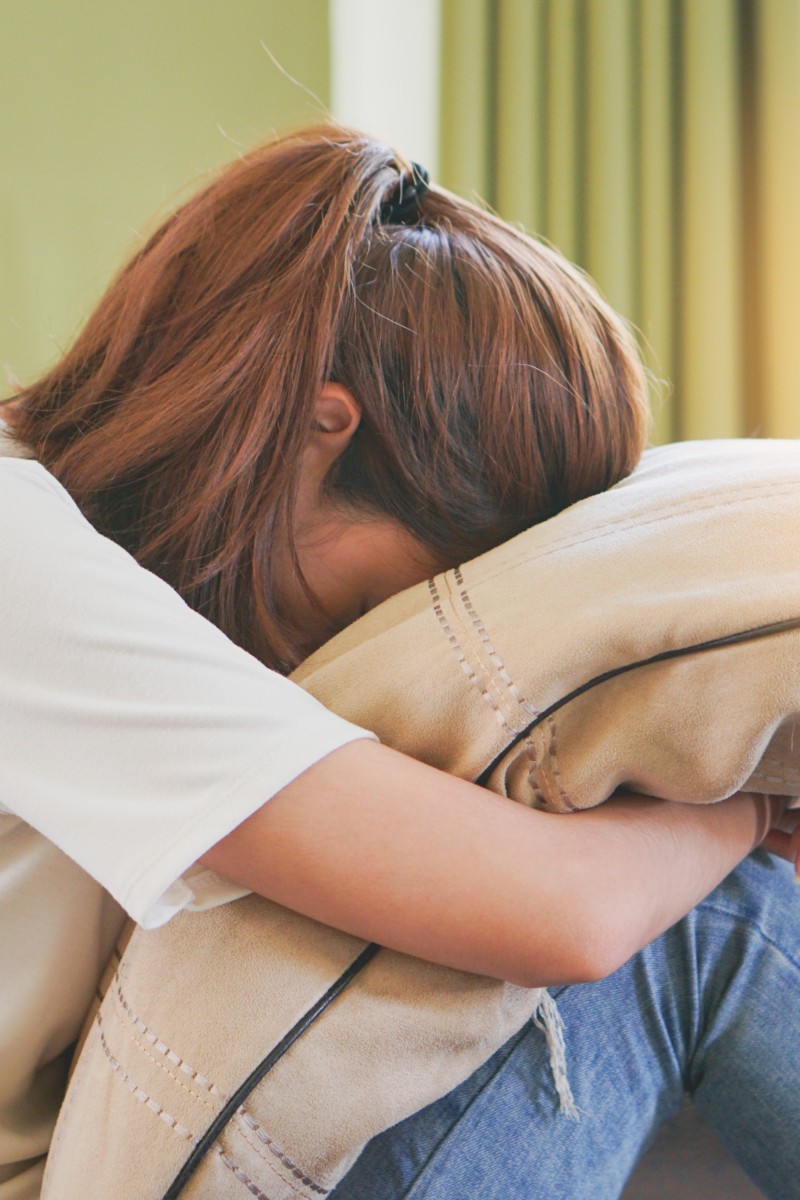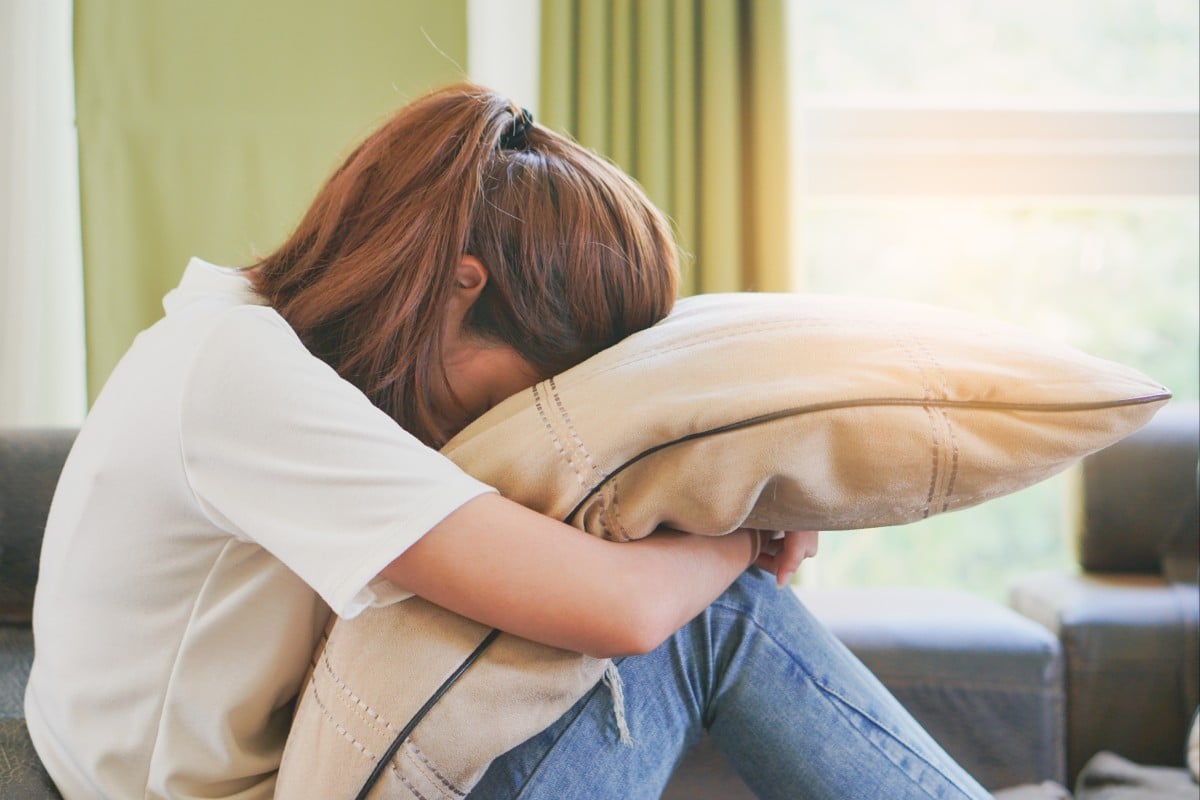
- Find yourself feeling anxious on Sunday afternoons and evenings? Here are tips on how to manage your emotions and an explanation of what you might be feeling
- Every week, Talking Points gives you a worksheet to practise your reading comprehension with questions and exercises about the story we’ve written
 Sundays might be when you feel worried about what you need to get done in the coming week. Photo: Shutterstock
Sundays might be when you feel worried about what you need to get done in the coming week. Photo: ShutterstockSunday afternoons and evenings can be stressful as you get ready to head back to school after a weekend away. Suddenly, you just want to bury your head under a pillow and get away from it all.
Lolita Schmalenberg, a psychotherapist at Lifespan Counselling in Hong Kong sheds light on the dreaded “Sunday scaries” and suggests ways to shut them down.
While “Sunday scaries” is not a scientific term, it is a form of anxiety about something that has not happened yet, and it is commonly seen in teens.
How to reduce stress and process your emotions through journaling
“Sunday afternoon to evening in many homes is marked by preparations for the start of the school week. Backpacks are filled and weekly schedules with tutors and activities confirmed, as reminders of expectations for performance at school are reinforced,” Schmalenberg said.
“All this pressure adds to the anticipatory anxiety a teen could be feeling about the negative possibilities the new week could bring.”
For a young person, this anticipatory anxiety could include worries about catching up in class, completing schoolwork and failing to perform well. She added that some teens might be worried about contracting Covid-19.
Hong Kong students show signs of depression due to stress over new school year
All of these concerns can give rise to the “Sunday scaries” and other related anxious behaviours such as restlessness, irritability or acting out.
Schmalenberg explained: “When a person is in a ... state of worry or feeling overwhelmed, their behaviour can seem confusing and contradicting.”
That is because anxiety will show up eventually even if someone tries to push those feelings away.
She added that some might experience a hypoalert response – feeling too tired to think clearly or focus. To others, this might look like they are “zoning out”. Some people might have a hyperalert response – becoming so excited, angry or upset over small issues to the point of verbally or physically lashing out at others.
Help! It’s so stressful thinking about the future
Many students also tend to focus on how bad a situation might be – such as whether classes might be suspended again, especially with uncertainty about new coronavirus variants.
“This anxious feeling comes from a fear of not knowing what to expect,” the psychotherapist explained.
“While adults may be able to assure themselves that life will be OK, teenagers might just know that the world is bad now ... and it feels like it will be bad for a very long time.”
Schmalenberg said that while this could be another tough year for students, she had some tips to fight off the blues and reclaim Sunday evenings.
Hong Kong teens say Instagram has a negative impact on their mental health
Pick up self-care habits such as eating healthy food, exercising several times a week and being in nature. Take up creative activities such as colouring, listening to music or making something of your own.
“These are wonderful activities to create calm,” she said.
She also recommended spending time with extended family members such as grandparents and cousins.
“This can have a restorative influence, and has been proven to build resilience in teenagers,” she said.
It can also be helpful to go over the coming week’s activities and find something to look forward to.
A trend called time blocking is taking over TikTok. What is it?
When you feel anxious, take in deep breaths or try balloon breathing – breathe in with the nose and push the air out of the mouth, while sighing on the last breath.
“Balloon breathing is ideal for managing feelings,” the psychotherapist said. “It can help you focus and get oxygen flowing through your body.”
There are different ways to manage anticipatory anxiety. Most importantly, Schmalenberg encouraged teens to speak to a trusted adult if they felt overwhelmed. Some people may have underlying issues, and it could be best for them to speak to a professional.
Click here to download a printable worksheet with questions and exercises about this story. Answers are on the second page of the document.
